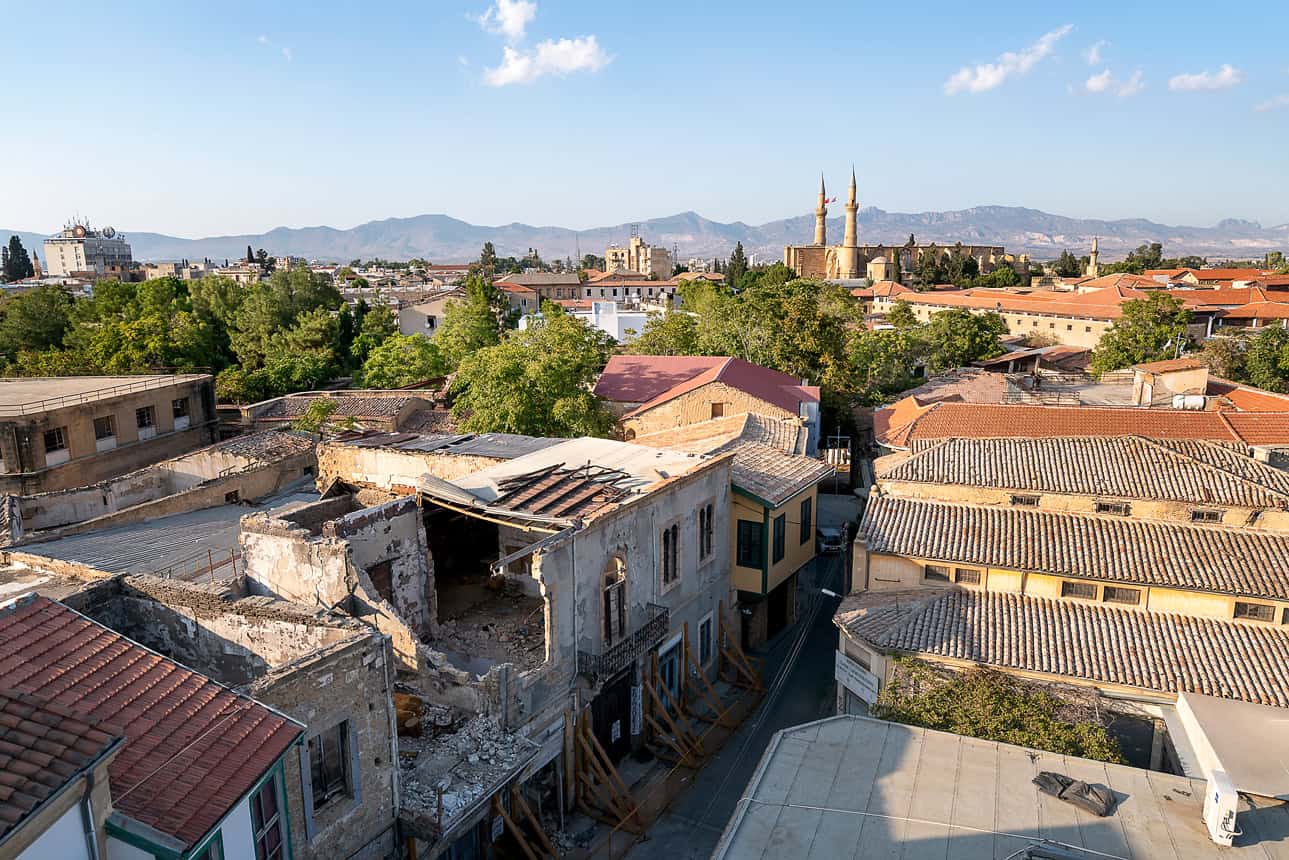British magazine The Economist calls cyprus issue “endless”
The respected British publication The Economist has referred to the Cyprus issue as "endless" in an article commemorating the 50th anniversary of the Cyprus Peace Operation. The magazine suggests that a resolution appears unlikely, with the current sentiment being that Turks and Greeks prefer to stay separate.
Despite marking half a century since the onset of one of the longest-standing conflicts globally, the division of Cyprus remains unresolved.
Efforts to unify the island into a 'bi-zonal, bi-communal federation' were unsuccessful in 2004 and 2017. Presently, Cyprus is going through its longest stretch without meaningful negotiations, according to the magazine.
This year, UN Secretary-General António Guterres appointed María Ángela Holguín Cuéllar, the ex-Foreign Minister of Colombia, as his special envoy to determine if conditions are ripe to restart discussions. Yet, a solution is still out of reach.
The article suggests that the ongoing political and economic circumstances indicate that the current separation might persist indefinitely. It also references the term "comfortable conflict," coined in 2012 by scholars Konstantinos Adamides and Costas Constantinou from the University of Nicosia and the University of Cyprus, respectively, to describe the persistent deadlock.
Moreover, the article contrasts the Cyprus divide with other international conflicts, noting that since 2003, there has been free movement across the buffer zone, making it unique.
The ease of movement and European access have lessened the urgency for reunification. Many Greek Cypriots view reunification as disadvantageous, as it would entail sharing governance with Turkish Cypriots and, by extension, with Turkey. Additionally, the article touches on the economic disparities between the Greek and Turkish parts of Cyprus.




